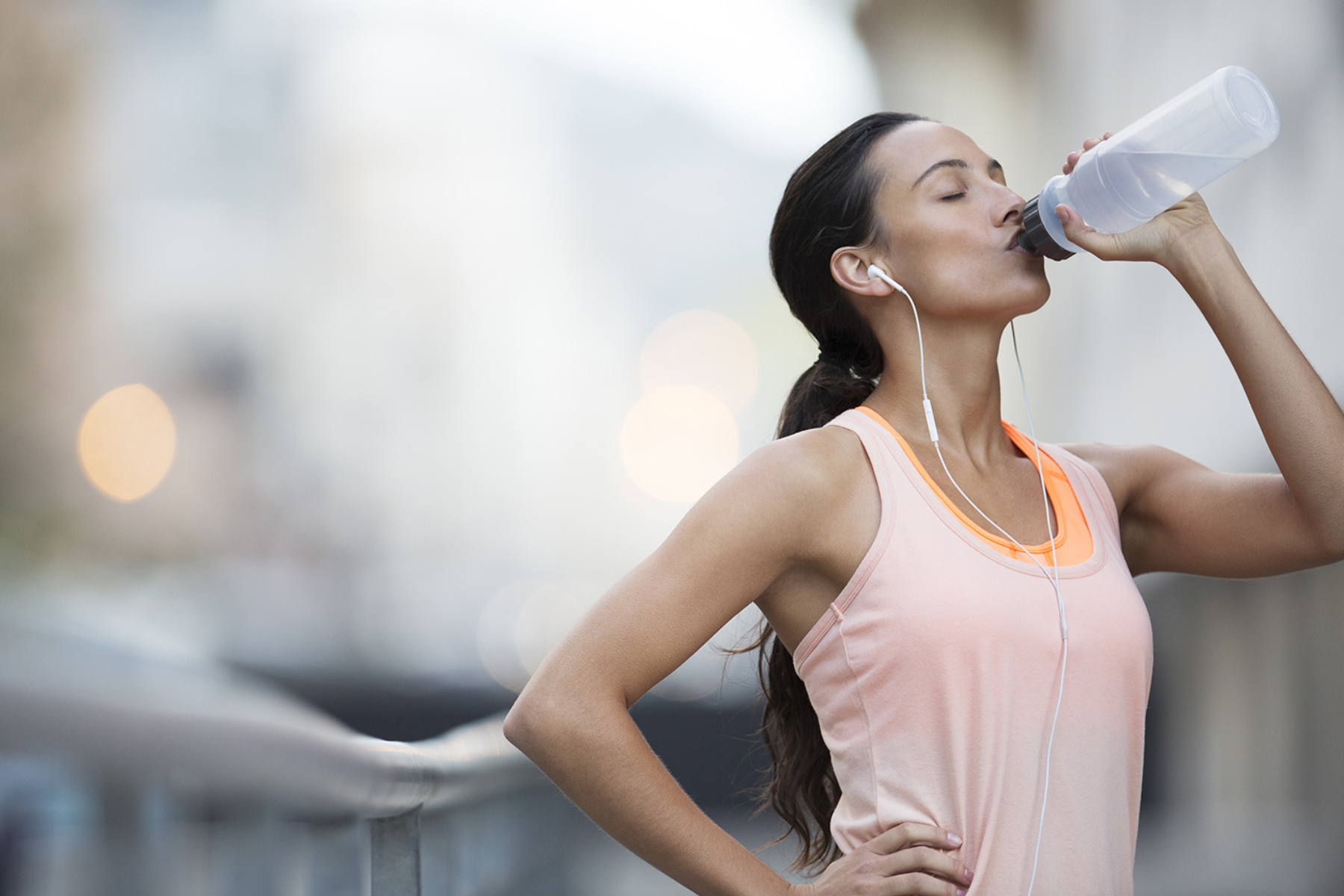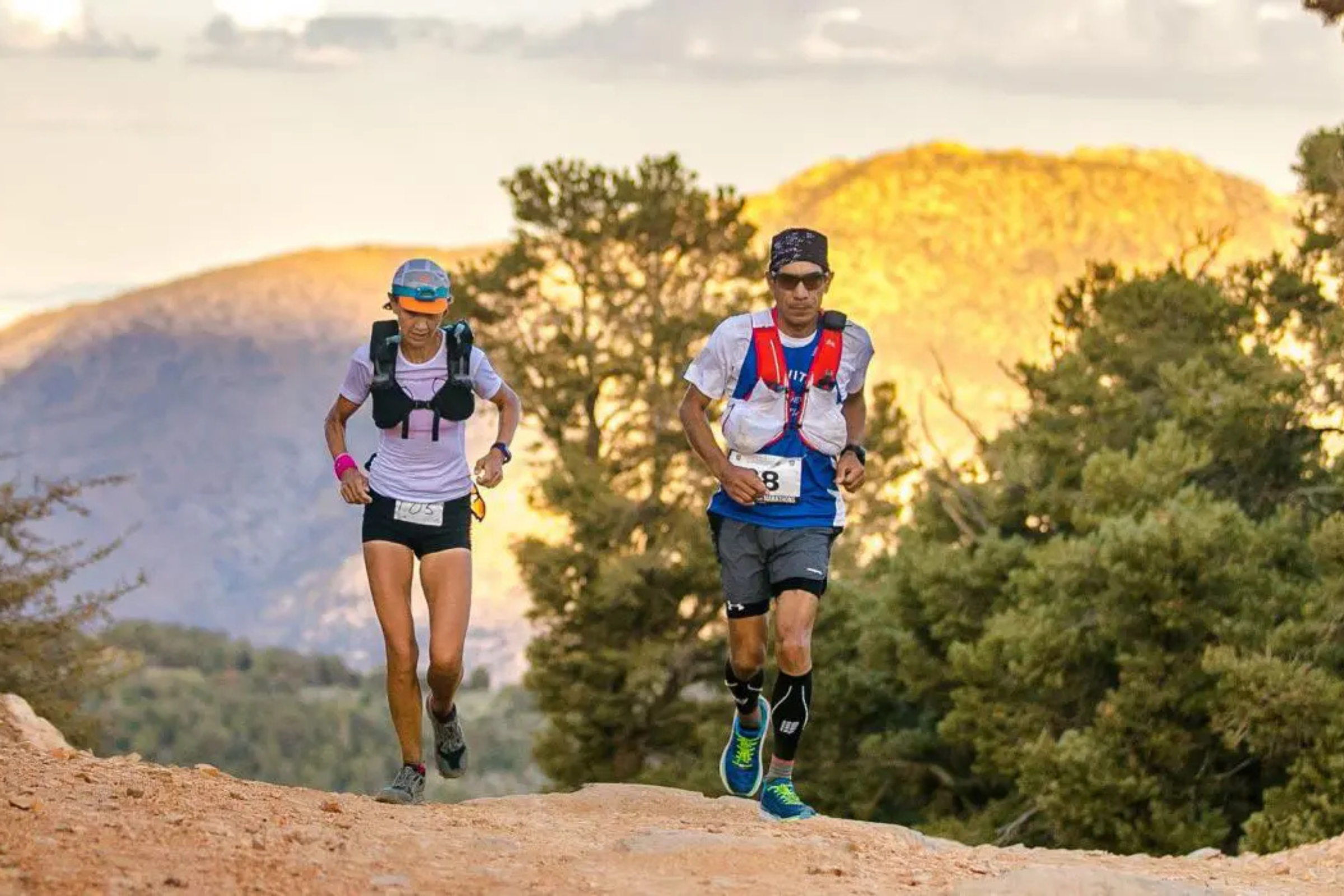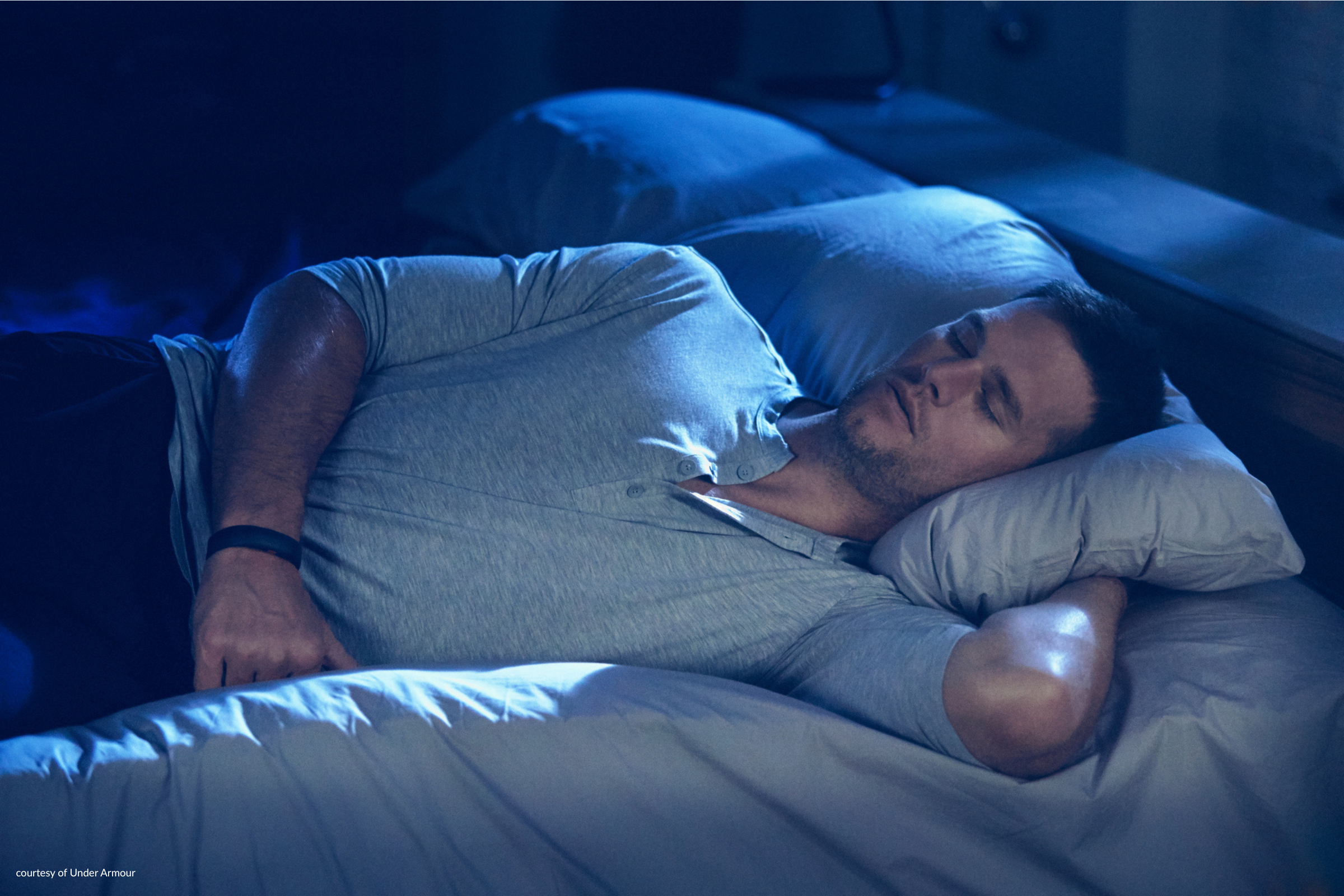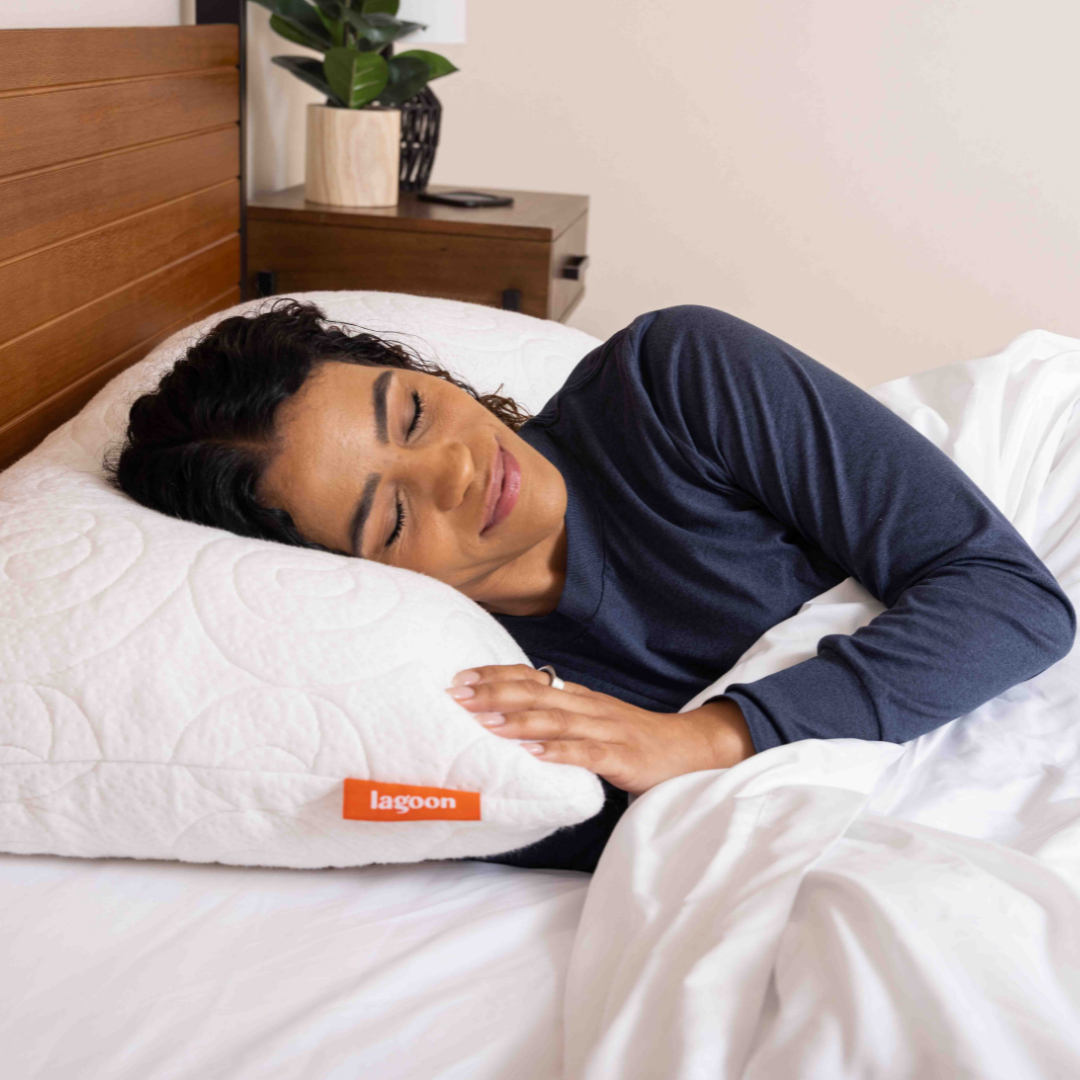Hey packlings 👋
Can drinking more water help you sleep better? How does grueling travel affect rugby players’ sleep schedules? Can this new neurostimulating headband actually help you fall asleep faster? Let’s find out … It's time to dive into this week’s edition of Sleep & Fitness News!
🌊Hydration & Sleep - How Each is Dependent on the Other
H2O accounts for approximately 60% of your body and plays a key role in the majority of its functions, such as digestion and cell growth. Studies show that individuals who have lower hydration statuses are more likely to struggle with getting enough sleep, obtaining six hours or less. This effect is cyclical as the hormone vasopressin is released by the body during deep sleep to increase water absorption in the kidneys and prevent waking up to drink. Because of this, cutting your sleep short can lead to dehydration, resulting in muscle cramps, headaches, and dry mouth - all of which will further disrupt sleep. To counter this, drink more water consistently throughout the day. Additionally, try sleeping on your back opposed to your stomach as the kidneys filter and fill the bladder less quickly in this position!
✈️How High Performance Rugby Players Handle Travel and Sleep Schedules
The Western Force rugby union team has been working with the University of Western Australia to study how travel affects the players’ performance - including sleep! These players are frequently on flights lasting 5-14 hours before competing in a rigorous contact sport and then traveling back the next day, just to repeat the process all over again. Researchers have found that this travel can alter the stages of sleep such as REM, light sleep, and deep sleep, resulting in reduced performance both cognitively and physically. Therefore, players and team staff are prioritizing the implementation of travel plans specific to each journey that will avoid disrupting their sleep schedules. This shows that while travel can be disruptive to sleep, using forethought to come up with proactive plans can help you safeguard your precious zzz’s!
🧠 Neurostimulating Headband Halves Time to Fall Asleep
Elemind, a wearable neurotech developer, has launched a headband that’s designed to direct brain waves in order to shorten the time that users require to fall asleep. This new tech has been shown to help 76% of users fall asleep 48% faster by measuring brain signals and delivering specific acoustic waves that guide the brain into deep sleep patterns. The headband can be paired with a smartphone application to allow for customization and insight on sleep analytics. These include metrics for tracking your sleep as well as a personalized AI Sleep Tailor and Deep Sleep Stimulation. Though the company has only just launched its beta program, their product has been tested on 112 subjects over hundreds of nights and naps. Stay updated in the future to learn more about their progress in the world of sleep innovation!
🔮Can You Predict The Future in Your Sleep?
As you sleep, neuron’s fire inside your brain’s memory center, as you revisit past experiences and learn from them. Research is now showing that these neurons are not just firing relative to memories but also rehearsing activities that haven’t happened yet. These studies used a machine learning process that allowed researchers from the University of Michigan to relate neurons to each other before, during, and after animals tackled maze challenges. By alternating between wakefulness and sleeping, it was shown that the subjects were working on potential new routes through the labyrinth as they slept. The brain uses sleep as an opportunity to re-expose itself to the new space and rehearse future intentions. From consolidating memories to rehearsing new solutions the way that we learn, to staying safe - better sleep can help us be more prepared for whatever challenges we have in store the next day.
🌬️What is Resonance Frequency Breathing and How can it Help You Sleep?
Resonance frequency breathing is a simple technique shown to improve sleep quality and overall health by slowing your breathing. To try this technique, inhale then exhale for a count of five to achieve six breaths per minute. This will increase your heart rate variability (HRV) which will activate your parasympathetic nervous system, and promote a state of relaxation. The benefits of this technique are relevant to mental health as well. Studies show that resonance frequency breathing can improve cognitive performance and reduce anxiety. If you’re struggling to fall asleep or even just remain calm, try adding controlled breathing to your sleep routine!
Whether it’s pursuing advanced sleep technology, learning from the newest studies, or altering our daily habits - we’re on a journey to improve our routine sleep and fitness. Remember to follow @lagoonsleep on Instagram for your daily dose of sleep & fitness news and entertainment.






